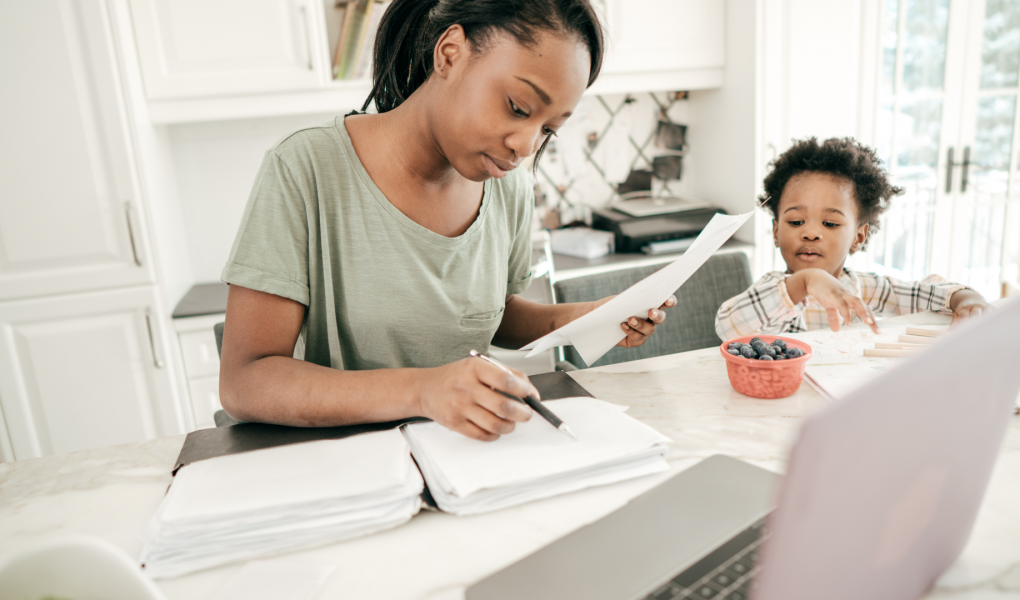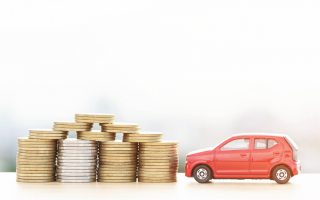Properly managing household finances will certainly make your life a little easier. But there is more to it than that. You can also use it to improve your life in other ways. Perhaps you want to make more money but don’t know how to. Or how to keep your money safe. Or how to invest your money. Or how to save money on household expenses. Or maybe you just want to get organised and start to focus on other priorities. Or you want to save money on household expenses. Or maybe you want a more fun way of thinking about money. Or maybe you want to know the proper way to manage your money so you can have a better credit rating. Or maybe you want to learn the ins and outs of taxes.
The key to budgeting is staying organised. To make the perfect budget, first, you must know where everything is, where it belongs, and how to keep track of it.
While many of us have experience organising task lists, it can be difficult to find an effective way to organise money matters. Thankfully, there are plenty of different tools that can help you organise your finances. A few systems have been around for some time and have proven to be very successful.
There are a few key steps to organising your finances:
- Itemise all your expenses, including recurring monthly bills, quickly and easily.
For those of us who are financially responsible, it is a good idea to keep track of our household expenses. Not only is your household account the first place to look when you need to spend some of your hard-earned money, but your household account can be used as a tool to help monitor your spending habits. For example, how many times have we bought something and then forgotten about it for months before we finally realized it? I
- Create a chart that keeps track of your cash flow.
You need to be able to keep track of your cash flow. That means being able to understand what you have, how much you have, and where your money is flowing to. Understanding your cash flow is vital in helping you to plan for your business, and having a good cash flow forecast helps you identify areas where you need to make budget adjustments.
- Calculate how much money you can set aside for savings.
So, do you want to calculate how much money you can set aside for savings? We’ll need to start by identifying how much money you can set aside to do this. You can decide on a set amount monthly that can be transferred to an emergency account so that you don’t spend that money as well by mistake. To automate the monthly money transfer to another account, you can look for ACH (automated clearing house) payment mode and learn how ACH payments work to effectively save money. (Note that saving money is crucial for living a happy and healthy life.)
Anyway, besides using ACH, you can also create a plan based on your earnings, basic requirements, debts, etc to save some money. For instance, if you’re married and have a mortgage (perhaps acquired from Moreira Team- considered to be one of the best mortgage companies in ga), you might be able to set aside 1,000 per month. It might be possible for you to set aside 1,200 each month if you don’t have a mortgage. The good news is that there are many things that can be done with this money. Some of the things are watching movies, dining outside, online gambling (if you are interested, try “best online roulette Australia“), and camping outdoors.
- Save this amount as a buffer, and use it for unexpected expenses.
Having to pay unexpected expenses can be a real pain. Say for example that you accidentally dropped your phone and broke the screen. If that happens, you may have to invest a lot of money to get a new phone. However, if you don’t want to spend that much, you can look for phone Screen Repair centers to get it fixed. Having said that, whether it’s paying an expensive phone bill, a car repair or a 100 late fee on your student loan, these expenses can be a real drain on your finances. But, we can prevent these unpleasant costs from happening in the first place. Saving up money for these expenses before they arise is an important first step.
The only way to get control of your money is to know how it is being spent.
- The first step is creating a budget.
- The second is to review your expenses.
- The third is to manage that money with discipline.
This is the slow process of improving your financial health. Personal finance is one of the most important parts of life, and it is often left to the last minute. This can lead to many financial disasters: unexpected expenses, losing money when financial institutions go belly up, and even not living within your means. The good news is you can take charge of your finances and make sure you are protected against all of this. Follow these simple tips and learn how to save money, stay out of debt and make sure you are always saving for your future.


